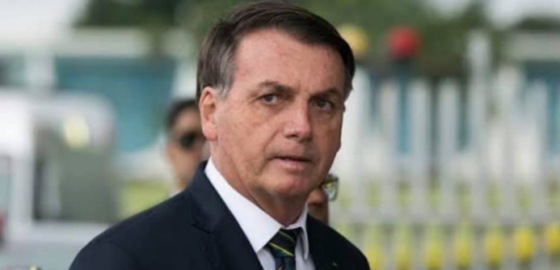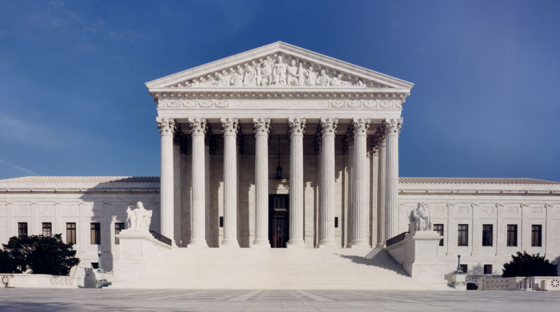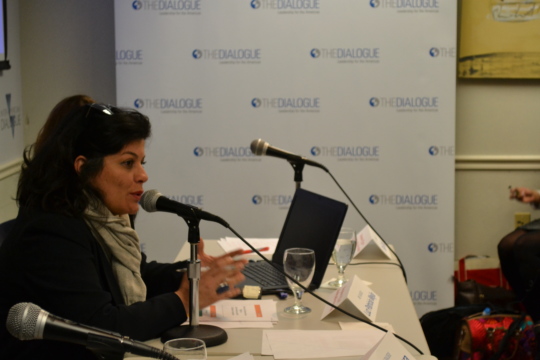
Criminal Abortion Laws in Latin America
On April 6th, 2016, the Inter-American Dialogue hosted a discussion on “Criminal Abortion Laws in Latin America”.
On April 6th, 2016, the Inter-American Dialogue hosted a discussion on “Criminal Abortion Laws in Latin America”.
Tintori has been committed to spreading the word on the political situation in Venezuela for the past three years since her husband was imprisoned by President Maduro’s government. Throughout the event the speakers highlighted that there is an undeniable dictatorship in Venezuela that hinders power autonomy, prosecutes dissidents, and violates rule of law and human rights regularly. Tintori also stressed the urgent character of what is the worst humanitarian and economic crisis in the country’s history. She advocated for the immediate release of Leopoldo López, Antonio Ledezma, and all the 108 political prisoners.
Citizen security remains a top concern for most Latin American governments as crime and violence spiral out of control and cripple political and economic institutions in the region.
In recent years, there has been much debate over how to make the Inter-American system more effective in defending human rights.
On Monday, December 5th, 2016, the Dialogue welcomed El Salvador’s Minister of Foreign Affairs Hugo Martínez for a discussion on US-El Salvador relations in light of recent political developments in Central and North America. The discussion focused on the Plan for the Alliance for Prosperity of the Northern Triangle as the guiding policy of US engagement with El Salvador and the neighboring countries of Guatemala and Honduras.
In June, President Correa issued a decree creating new procedures for NGOs to obtain legal status. What are its implications?
Since early February, anti-government demonstrations have rocked Venezuela.
Since the outbreak of the drug war, Ciudad Juárez has been plagued by unfathomable levels of violence and corruption, leading to thousands of human rights violations.
During this event on May 18, 2021, the panel discussed the details of the Oversight Board’s unique model, the application of international human rights law to private entities, and the unanswered questions surrounding the Board’s influence on content moderation jurisprudence and legislation in Latin America.
In the midst of democratic decline in the region, young people are emerging as agents of change. Their active participation not only represents a fresh and vibrant voice in regional politics but also offers a new perspective and focus to address the challenges facing the region.
As Nicaraguan President Daniel Ortega continues a relentless and unprecedented wave of repression against political opponents, the Inter-American Dialogue hosted the event “Nicaragua’s Wave of Repression: What Next?” on July 9 to discuss the political and economic impact of the Ortega regime, solutions to the ongoing crisis, and its potential impact on the region.
On August 31st, 2021, the Inter-American Dialogue supported the press conference “Latin American Press Under Siege,” organized by Fundamedios. The event focused on the worsening persecution of journalists across Latin America and called for the immediate release of detained journalists in Nicaragua, Venezuela, and Cuba.
On October 7, 2021, the Inter-American Dialogue held the event “Debating the Facebook Oversight Board and Self-Regulation Mechanisms” to discuss the new report from the Peter D. Bell Rule of Law Program, Content Moderation and Self-Regulation Mechanisms: The Facebook Oversight Board and its Implications for Latin America.
With elections coming up in 2022 in Brazil, Colombia and Costa Rica, which countries in Latin America and the Caribbean will be the political hot spots to watch next year? What political trends will be the strongest in the coming year, and what traits will countries’ political trajectories have in common? Is authoritarianism and polarization likely to worsen in the region in 2022, and what factors would influence that?
A Latin America Advisor Q&A featuring viewpoints on the effects of the overturn of Roe vs. Wade on Latin America and the Caribbean.
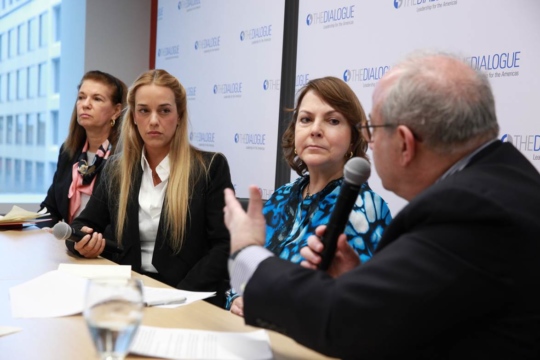
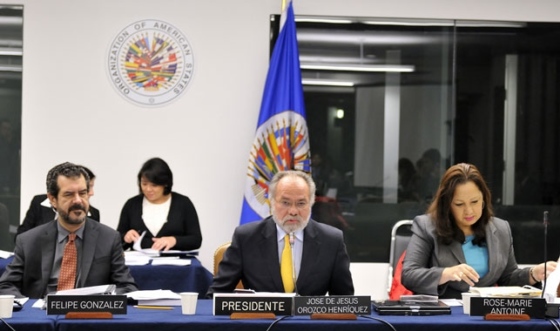
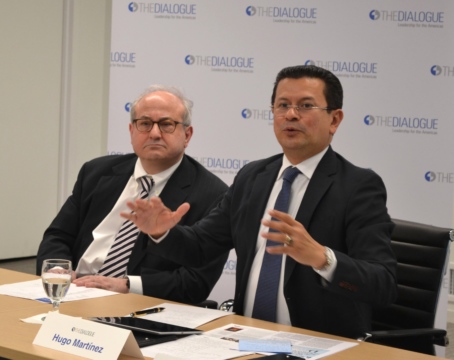
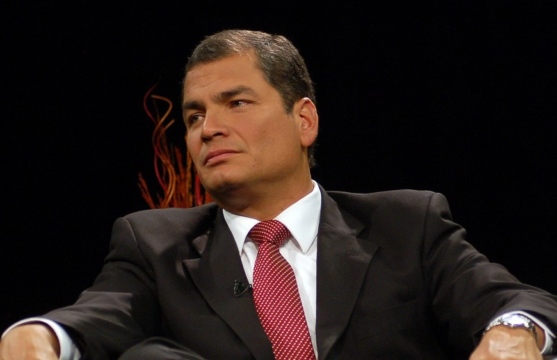
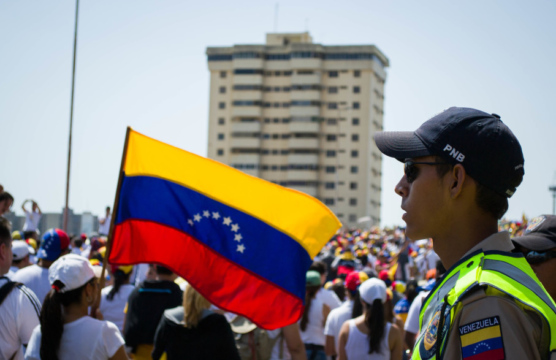 Video
Video
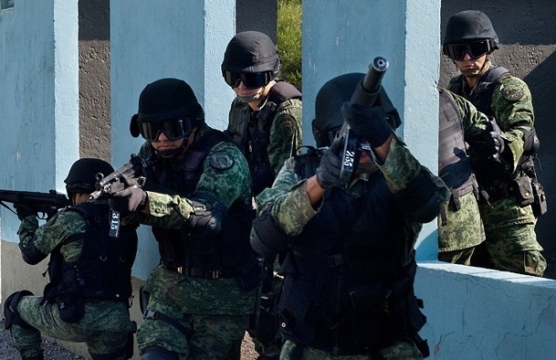
 Video
Video
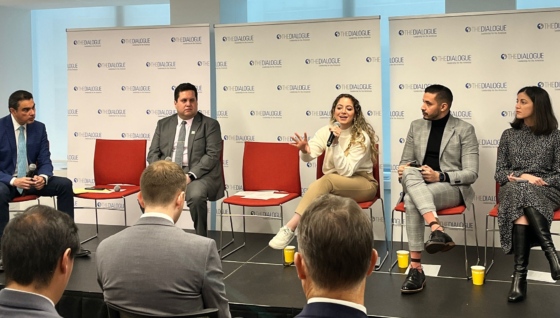 Video
Video
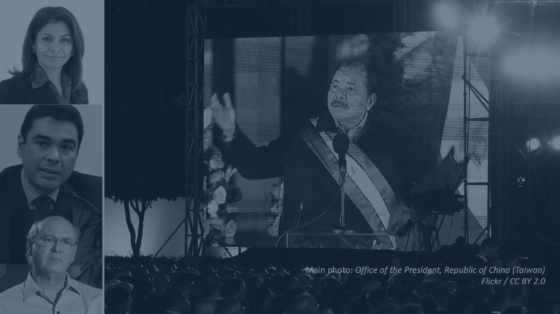 Video
Video
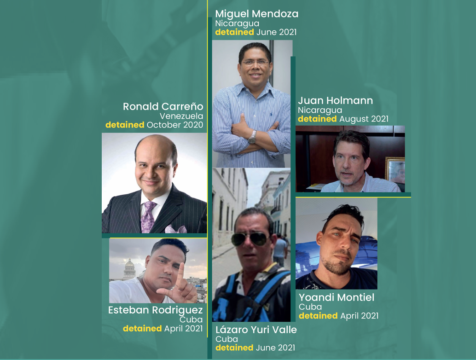 Video
Video
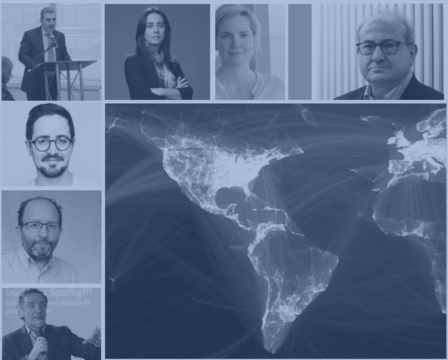 Video
Video
